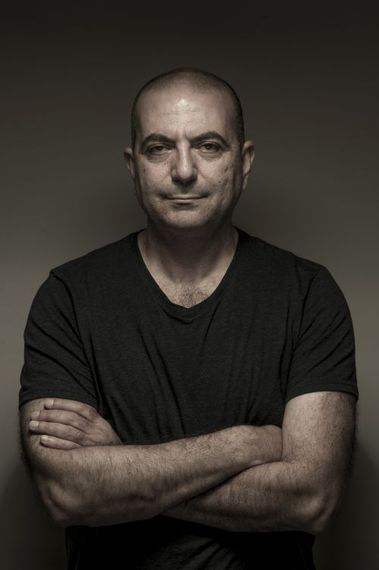After leaving his career as an engineer, Hany Abu-Assad entered the world of Palestinian cinema in the 1990s with his directorial debut “Paper House“. Following its success, films such as “Paradise Now”, “Omar”, and “The Idol” further put Abu-Assad on an international platform and have acquired him much acclaim. His films often focus on issues of political unrest and oppression in relation to the Palestinian/Israeli conflict.
https://www.youtube.com/watch?v=Xi9yiGePxKw
“Paradise Now” is a compelling story of two young Palestinian men that decide to become suicide bombers in order to execute an attack in Israel. The making of the film took Abu-Assad five years, with its final release in 2005. Shooting the film faced several complications. The crew had to abandon equipment due to a missile attack; a land mine exploded just three hundred meters away from the set, and a Palestinian sect kidnapped, but later released, the film’s location manager. Abu-Assad admitted in an interview that if he could go back in time, he would not make the film again because it was a frightening and dangerous experience. Although the film did not go without controversy, it went on to become the first Palestinian film to be nominated for an Academy Award in the category of Best Foreign Language Film.
https://www.youtube.com/watch?v=v5dSeBD-qiY
While Abu-Assad took several years to write and develop “Paradise Now”, his film “Omar” was conceived in a mere four days. The story of protagonist Omar reflects the contentious topic of political tension and conflict between Palestine and Israel. It is a tale of betrayal, politics, love, oppression, and terrorism. Like many of Abu-Assad’s films, “Omar” was also received with wide recognition and appreciation. It received a number of awards and was the director’s second film to be nominated for an Oscar.
Hany Abu-Assad’s most recent film, “The Idol”, was the first film to be shot in Gaza in twenty years. The director wanted to shoot most of it in that location, but he was only given permission to do so for two days. For the sake of authenticity, children from Gaza were used in the film even though it was shot in the Palestinian city of Jenin.
“The Idol” is lighter and less political than Abu-Assad’s other works. It focuses on Mohammed Assaf, a Palestinian refugee who rose to fame as a singer after winning “Arab Idol“. While the film is based on a true story, films such as “Slumdog Millionaire”, The Runner, “Cinema Paradiso”, and “Hope and Glory” inspired its dramatization.
Hany Abu-Assad is considered one of the most influential and notable of Palestinian directors. His undeniable love for filmmaking shines through as he tenaciously overcomes many difficulties thrown in the way of his productions. Despite several setbacks, he has skillfully managed to showcase an array of films that tell complex and thought-provoking stories. His next film, “The Mountain Between Us”, is set to release in 2017. After reviewing the director’s record of successful films, his new project seems a promising one.

